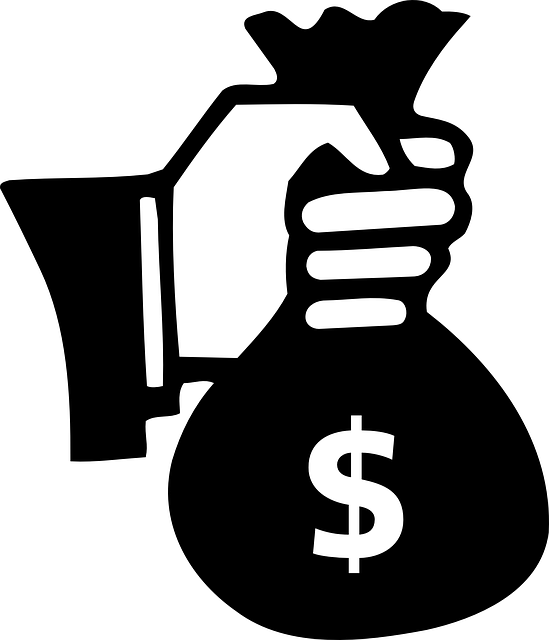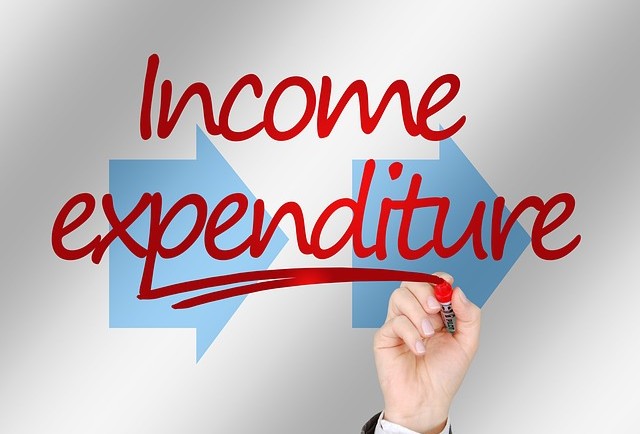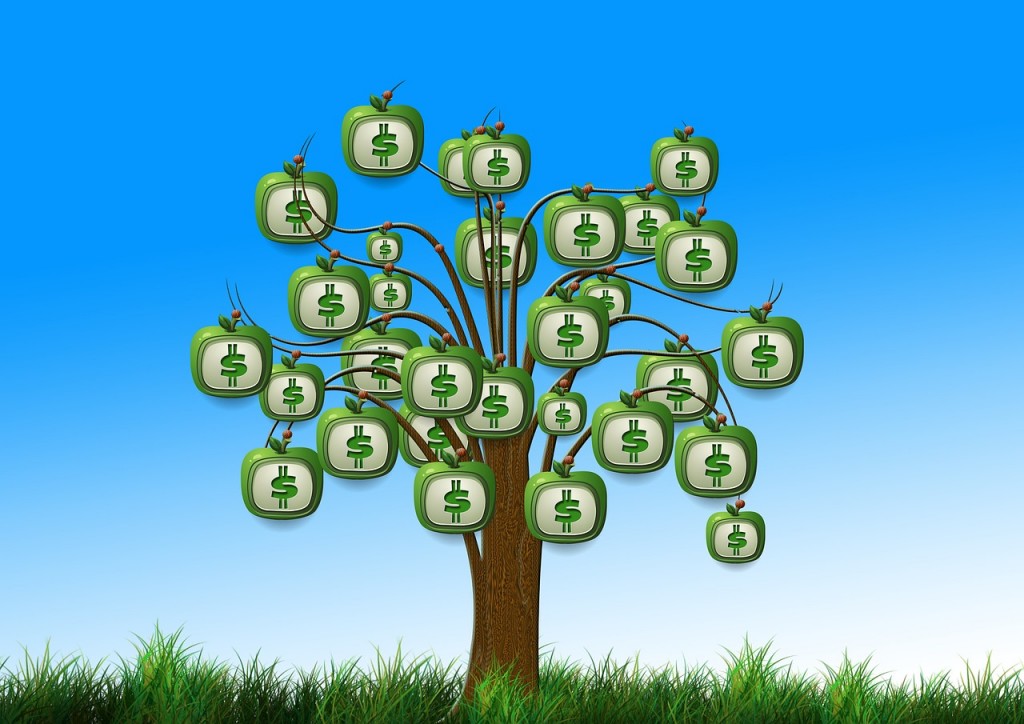Sometimes, useful financial advice can come from the unlikeliest places. Take Star Wars, for example. It is not only an epic Science fiction film series but also a good place for frugal inspiration.
Learn to save money like a Jedi with these five universal ways:
1. BUILD THINGS FROM SCRATCH
Luke Skywalker, one of the greatest Jedi in the galaxy, spend no expense by making his own lightsaber (laser sword). Like Luke, do not be afraid to Do-It-Yourself!
Start from simple crafts such as making your own shower cleaner or personalized key-chain. After which, turn the difficulty up a notch by making all the crafts for your dream wedding. This can help you save loads of cash.
2. SIZE MATTERS NOT
In “Star Wars:The Empire Strikes Back” movie, Luke was tasked to raise his X-wing (aircraft) from the swap and he complains that it is too big. This frustrates Yoda, a wise Jedi Master. Yoda then explains that size does not matter and excuses are not welcome.
In life, obstacles to saving money can seem unbearable at the moment but, it shall not stop you from pushing through. Furthermore, you must understand that the size of your salary does not matter. What matters most is how you spend and manage it.
3. SHARE AND BE BLESSED
A Jedi shares his knowledge and skills to others with no charge. Apply the hippie-like concept of sharing to your life. Share resources to your fellow classmates and you will not have to buy expensive reference books ever again. Also, you can carpool with your friends to save on gas.
4. KEEP YOUR WARDROBE SIMPLE
Much like Jedi Knights who mostly wear “brown sack-cloths with hoods” or Facebook’s founder Mark Zuckerberg who mostly wears grey shirts, you can save more money by keeping your wardrobe simple. You do not have to wear the same shirt or same outfit everyday! Just avoid hefty designer clothing by purchasing clothes from thrift shops or year-round sales.
5. DO OR DO NOT. THERE IS NO TRY.
When Luke was making excuses about his inability to levitate objects with his mind, Yoda told him these famous words: “Try not. Do or do not. There is no try.”
When you continue to make excuses to saving money or altering your spending habits, you can end up retiring broke. So, start accepting the responsibility and create a monthly budget that is suited for you. In due time, you will see that eliminating your excuses produces meaningful results.












